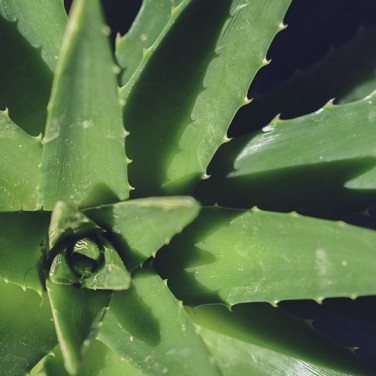FOOD
Can Dogs Eat Broccoli? Health Benefits and Safety Guide
페이지 정보
본문


Can dogs eat broccoli? YES!
Broccoli is a healthy vegetable that can be added to a dog’s diet and bring numerous health benefits. Broccoli is rich in vitamin C, and folic acid, and contains lutein and zeaxanthin, which both support eye health. However, it is important to note that broccoli also contains isothiocyanate, which has anti-inflammatory properties but can cause digestive issues if eaten in excess amounts. To prepare broccoli, it is recommended to wash it thoroughly, remove the stem, and cut it into bite-sized pieces before boiling or steaming it for easier digestion.
What are the benefits of feeding broccoli to my dog?
Broccoli is a low-calorie, high-fiber vegetable that can help keep your dog healthy. It is rich in vitamins A, C, K, and folic acid, with a particularly high amount of vitamin C, which is beneficial for the immune system and skin health. It also contains minerals such as potassium and calcium. Additionally, the ingredients lutein and zeaxanthin found in broccoli help maintain good eye health in dogs.
Key nutritional facts in feeding broccoli to your dog!

-
Fiber
Fiber helps your pet's digestive system function more efficiently and helps deal with digestive symptoms, such as diarrhea and constipation. Since broccoli is high in fiber, this vegetable can also help with weight management by providing a feeling of fullness.
-
Vitamins
- Vitamin A: Strengthens the immune system and maintains healthy skin, coat, and eyesight.
- Folate: Plays an important role in DNA synthesis and cell production.
- Vitamin C: Helps your pet's immune system. It is also known to help with cognitive problems due to aging.
- Vitamin K: Helps with blood clotting.
-
Minerals
- Calcium: Necessary for growth and helps to form and maintain bones and teeth.
- Potassium: Helps the heart, nerves, and muscles function properly.
-
Antioxidants
- Lutein, Zeaxanthin, Sulforaphane
Best way to serve broccoli to your dog

It is important to thoroughly wash vegetables before serving them to your pet due to the potential for dirt and pesticide residue remaining. Both raw and cooked broccoli can be eaten by your pet, but it is recommended to steam or boil it to help with digestion. Avoid adding any additional ingredients or seasonings, such as salt and oil, when cooking broccoli. Cut the stems off and slice the vegetable into small pieces before serving. Remember to only offer broccoli as a small portion of your pet's diet, roughly 10% of their total intake.
Precautions when feeding broccoli to dogs
Gastrointestinal problems if too much broccoli is consumed
Broccoli contains a compound called isothiocyanate, which has anti-inflammatory properties in small amounts. However, consuming large amounts of this compound can irritate your pet’s stomach, causing symptoms such as nausea, gas, bloating, and diarrhea. It is considered safe to feed your dog less than 10% of their daily calorie intake, and feeding more than 25% can cause toxicity.
Choking hazard and intestinal blockage caution when feeding broccoli to dogs
Although broccoli stems are not poisonous, they can be tough and may cause choking or intestinal obstruction if swallowed incorrectly. Choking on broccoli stalks is a common occurrence, particularly in small-breed dogs.
Is it safer to feed cooked broccoli to my dog compared to raw broccoli?
Broccoli contains a small amount of oxalic acid, which is found in various vegetables. If consumed in large quantities, oxalic acid can cause issues such as kidney or bladder stones. To reduce the amount of oxalic acid, boiling or steaming broccoli is recommended. It is safer to feed cooked broccoli to your pets.
Food allergy
As with any other food, the first time eating any new food may cause an allergic reaction and show intolerance. It is recommended to give a small amount of broccoli to be tested and monitored for signs of allergy. If your puppy shows any signs of an allergy, it is recommended to stop feeding and contact your veterinarian immediately.
Signs of an allergic reaction to look out for:
- Skin problems: hives, facial swelling, itchiness
- Digestive problems: vomiting and diarrhea
- Shortness of breath
Ever wonder what other vegetable dogs can eat safely?

Does your dog also give you puppy dog eyes when you're snacking on something? You may know that certain foods like chocolate shouldn't be shared with them, but do you always check online to see if it's okay to give them a bite of what you're eating? The Buddydoc Food Dictionary has information on hundreds of human foods and whether they are safe and nutritious for pets. If you want to know more about other foods, try looking them up on Buddydoc!













